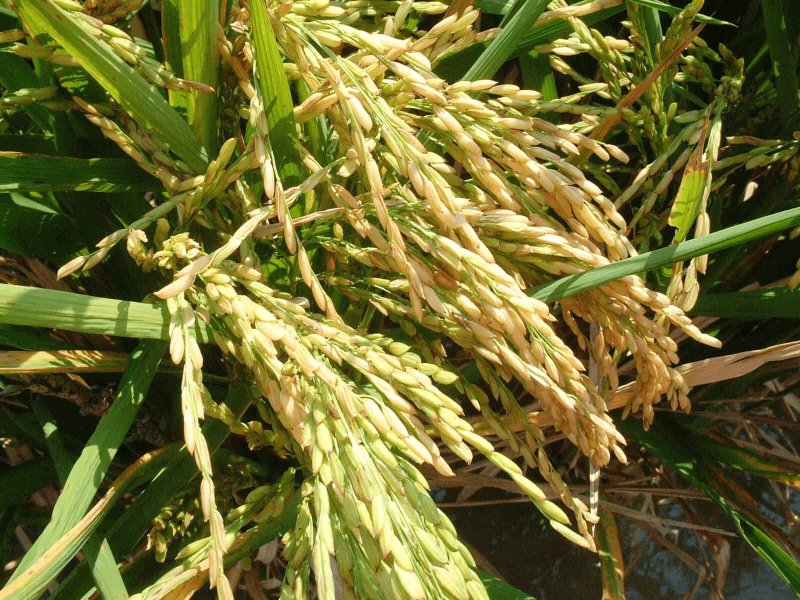Many people are hesitant to eat plants or animals that have been enhanced with foreign genes, citing health and environmental concerns, the perceived “ick” factor, and occasionally conspiratorial thinking.
But GMO foods have the potential to feed the hundreds of millions of people worldwide who are undernourished. Given the benefits of tinkering with our meals’ genomes, a new study published in Science could offer a helpful compromise: a way to improve the yields of a crucial crop without adding genes from different organisms.
“Rice is one of the most important crops because it is a staple food for almost half of the world’s population,” Wenbin Zhou, a geneticist at the National Key Research and Development Program of China and co-author of the study, tells Inverse.
By duplicating one key gene, a team of researchers in China has successfully engineered a strain of agricultural rice that yields up to 40 percent more grain per plot compared to controls. If widely adopted, this breakthrough technique has the potential to feed magnitudes more people with fewer resources — but only if consumers and regulatory bodies are willing to give the transgenic dish a chance.































